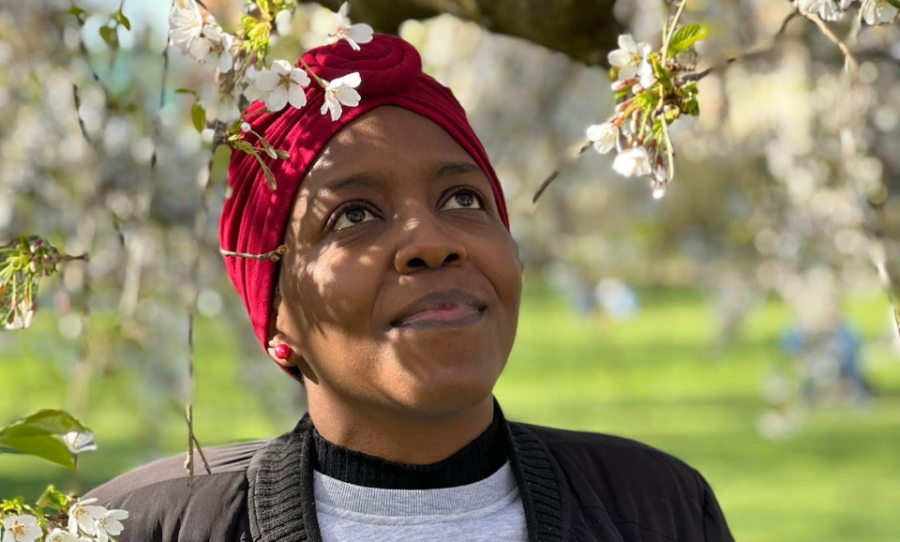Studying Public Health for Development - Grace's story
8 June 2022 London School of Hygiene & Tropical Medicine London School of Hygiene & Tropical Medicine https://lshtm.ac.uk/themes/custom/lshtm/images/lshtm-logo-black.png
Please tell us a bit about your academic and professional background
I studied public health, and prior to joining LSHTM, I worked in research primarily focusing on sexual and reproductive health for adolescents and young people in Sub-Saharan Africa. I have also worked in HIV prevention and WASH programmes. Each opportunity teaches me life lessons and skills and greatly impacted my life.
Why did you choose to study your course at LSHTM?
I have always wanted to study in the UK, and LSHTM was my dream school. Before joining, I would mention to my peers that I wanted to apply to LSHTM, and since some had gone through the experience, they insisted I should think of other schools since it was difficult to get an admission, let alone a scholarship. But when I read the information on the website and the requirements for admission, I had all they were asking for, and I felt this is where I belonged. I am also lucky and humble to have been awarded the Jeroen Ensink scholarship which is awarded to only one student annually to study MSc Public Health for Development at LSHTM. I am forever indebted!
How are you finding your MSc so far, and what have you enjoyed most about your course?
The course is quite intense (luckily, it's one year), but every bit is enjoyable. I learn and network with global public health experts working in my area of interest. Other than the academic work, I have built lifetime networks. Being a student liaison officer at the MARCH Center at LSHTM is something I also find fulfilling and worth my time and energy. There is some excitement about this.
How did you find the mix of online and in-person teaching?
I feel it is a good strategy as both have pros and cons. It, therefore, offers a well-balanced learning opportunity for everyone. However, I would vouch for in-person teaching for some modules, especially those that need more effort.
What key skills are you gaining from studying this programme?
Wow! I have added new skills to my existing skillset from each module and the people I have met. But I already feel like an expert in Designing Disease Control Programmes and Reviewing the Literature. I don't know where else I could have learned the skills. Some easy and important skills I have learnt like academic referencing, and I now reflect on how I used to struggle with the simple stuff. Ha-ha! Small wins bring motivation to life and keep us looking forward to the next level/phase!
Studying at LSHTM has been a lifetime investment and experience!
What have you got planned for your summer project?
Based on my previous experience and passion for improving health outcomes among adolescents and young people, I will be working on identifying strategies that will work to reduce the HIV epidemic among adolescents in LMICs. Both anecdotal data and research show poor adherence to HIV treatment, including but not limited to PrEP, and they report the highest viral load; hence, more emphasis/interventions should target this particular population to achieve the UNAIDS 95-95-95 goal by vision 2030.
What advice would you give to someone considering studying your course at LSHTM?
It is the best place to be if you want to focus on public health issues. Despite the intense learning, LSHTM will offer you other opportunities, including well-organised career sessions that will help you plan your next move after the course.
What have been the best aspects of studying in the UK in general?
The best part of studying in the UK is the duration of the study and getting the opportunity to experience a new life all round. I cannot underestimate the privilege of being in London, the most connected city globally! As such, I have travelled and explored different places.
- Explore funding and scholarship opportunities.
- Discover the MSc Public Health for Development.